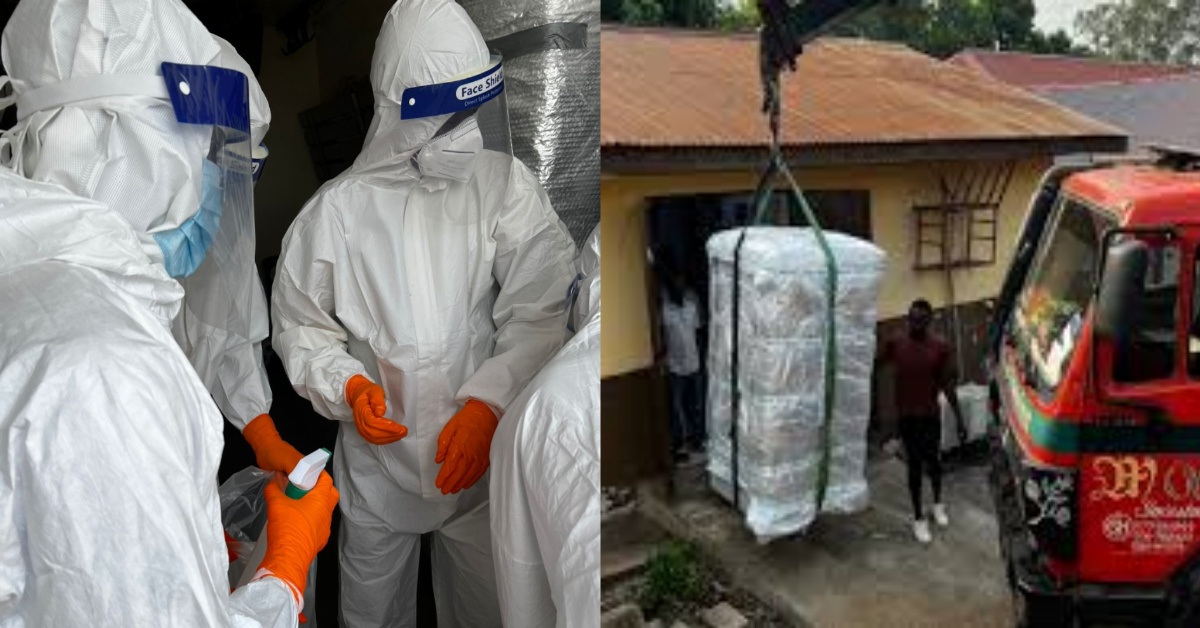Sierra Leone has successfully completed the safe transportation of Ebola samples from various remote sites across the country to a secure, centralized biobank.
This landmark initiative, supported by the World Health Organization (WHO), the Government of Canada, and other international and national partners, aims to enhance biosecurity and pave the way for future scientific research.
The 2014-2015 Ebola outbreak in West Africa left Sierra Leone grappling with a massive public health crisis. Tens of thousands of Ebola samples, collected during the outbreak, were stored in various laboratories nationwide.
These samples posed an ongoing biosecurity risk due to inadequate storage conditions that did not meet international safety standards.
Recognizing the urgency of the situation, Sierra Leone’s Ministry of Health, in collaboration with the Government of Canada, established a state-of-the-art National Biobank Facility equipped with Biosafety Level 2 (BSL2) and Biosafety Level 3 (BSL3) laboratories.
The facility, completed in 2022, was designed to safely house these remaining Ebola samples and other high-risk pathogens.
The process of safely transporting the samples to the biobank was complex and involved meticulous planning, coordination, and risk assessments. Logistical challenges, including pandemic-related delays, added to the difficulty.
However, with the assistance of the United Kingdom, WHO, and other key partners, a multinational team was formed to oversee the operation.
This team included experts from Sierra Leone’s National Public Health Agency, Canada’s Weapons Threat Reduction Program, and the UK Health Security Agency, among others.
“The commitment from the Ministry of Health and our partners, alongside the trust of local communities, ensured the successful transportation of the Ebola samples,” said Professor Foday Sahr, Executive Director of the National Public Health Agency.
The operation officially commenced in April, with the team leveraging expertise in cold-chain handling to maintain the integrity of the samples throughout their journey.
The samples are now securely housed in the central biobank, marking a major milestone in Sierra Leone’s biosecurity efforts.
Dr. Innocent Nuwagira, WHO Representative in Sierra Leone, emphasized the importance of the operation, stating, “These samples posed a significant potential threat.
The collaboration between national and international stakeholders has set an example of how teamwork can address global health issues.”
Looking ahead, the stored samples will be evaluated for their potential to contribute to future research on Ebola and other pathogens. Samples with no scientific value will be safely destroyed to eliminate any residual risks. Continued government oversight and biosecurity vigilance will be crucial to maintaining progress.











